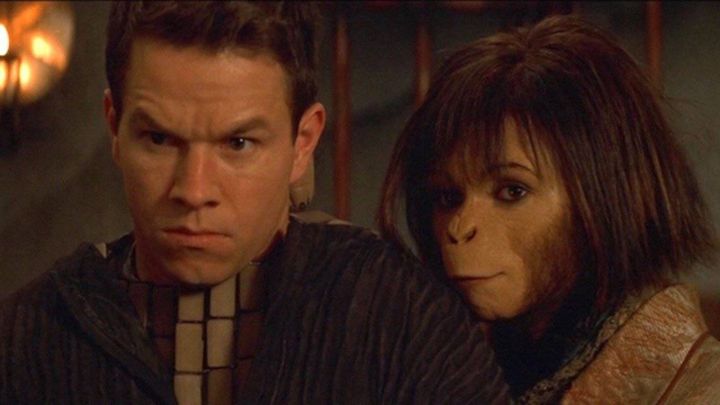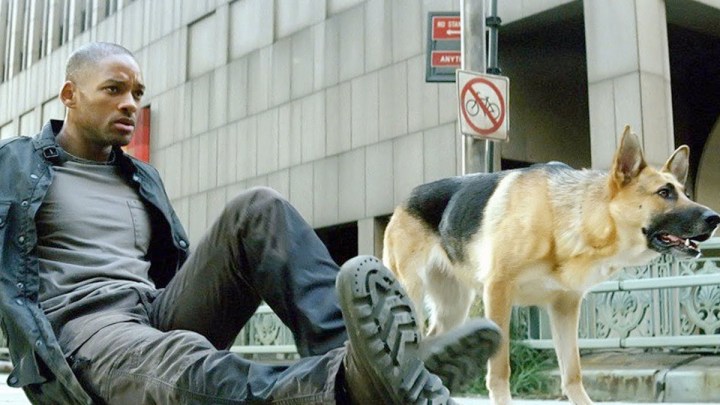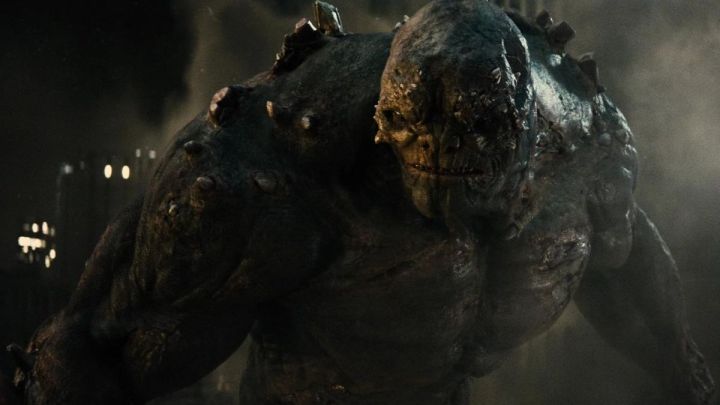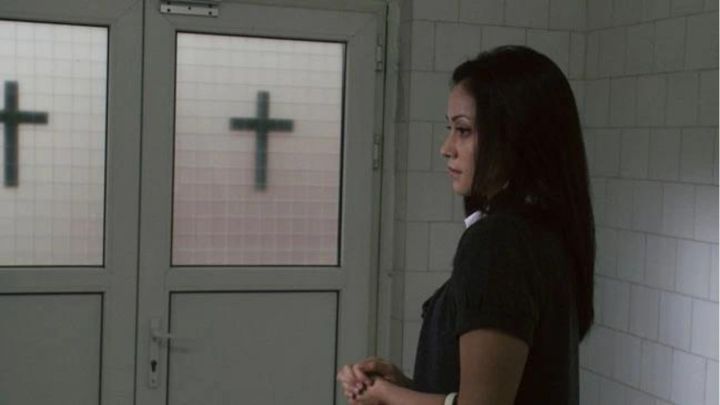Few things in this world are worse than a bad ending. It ruins what would be an otherwise pleasant experience, turning it into an unsavory memory. Sometimes, the films that precede these bad endings are already awful, so their flawed climaxes surprise no one; if the first one-and-a-half hours are bad, there is no reason to believe the last twenty minutes will be any better. But what about good, even great, films that fall apart because of one bad choice made during the last ten minutes? Those instances are the worst, leaving deep wounds in a cinephile’s heart.
Indeed, bad endings suck for all kinds of reasons. Still, some are harmless mistakes that might be more annoying than genuinely upsetting. However, some endings are so terrible, so mind-numbingly stupid, that one can’t help but wonder how anyone in their right mind would write them, let alone read and approve them. In the pantheon of horrific movie endings, these are among the all-time worst, the ones that truly make us question our faith in cinema.
Planet of the Apes (2001)

The original Planet of the Apes is among the all-time best sci-fi movies. Featuring an original plot with high stakes and a thrilling, thought-provoking story, the film has everything a cinematic experience should. Any remake would pale in comparison, but Tim Burton’s 2001 effort is beyond bad. Ridiculously over-the-top to the point of absurdity, Burton’s Planet of the Apes puts the “bomb” in “bombastic.”
The film is already quite terrible, featuring clumsy performances from Mark Wahlberg and Tim Roth. However, the ending elevates it from “bad” to “spectacularly and genuinely awful.” In a misguided effort to distance itself from the original’s famous and celebrated twist ending, Burton and company tried to revamp their version’s climax while still trying to keep the original’s essence. The result — a scene that features an ape version of the Lincoln statue at the Lincoln Memorial and a swarm of police apes — lacks any of the original’s tension and sense of shock. Instead, it comes across as contrived and laughably ridiculous. Is it Earth? Is this the future? Does anyone care?
I Am Legend (2007)

Will Smith was still at the height of his career in the noughties, headlining successful star vehicles and getting the occasional Oscar nomination for his dramatic work. The 2007 film I Am Legend finds him as virologist Robert Neville, the sole survivor of a virus apocalypse that killed millions and turned others into night-dwelling mutants.
I Am Legend features an intriguing premise and Smith in his prime, making for a gripping and emotionally resonant first hour-and-a-half. However, the ending undoes most of the film’s themes by having Neville sacrifice himself to kill the mutants and save the cure he worked on for so long. The alternate ending, which follows the novel more closely, has Neville share a powerful moment of understanding with the mutant’s leader, realizing he now lives in a changing world and must adapt to his new reality. It’s a weighty and daring ending that goes against everything audiences expect from typical blockbuster fare, but that’s what would’ve made it so impactful. A sequel is in development, so perhaps the new film can reclaim some of these intriguing and unfairly-discarded themes.
Batman v. Superman: Dawn of Justice (2016)

Batman and Superman’s first time sharing the big screen should’ve been a once-in-a-lifetime experience. However, Batman v. Superman: Dawn of Justice was a clumsy and overly-ambitious film whose reach grossly exceeded its grasp. The plot is convoluted to the point of nonsense, and the supposed titan clash between the Last Son of Krypton and the Dark Knight lasts a little more than 5 minutes — and let’s not even talk about the whole Martha debacle. However, it’s the climax, which sees Lex Luthor send the Doomsday creature after the titular heroes, that truly derails the film beyond salvation.
A CGI mess, the fight against Doomsday ends with Superman’s apparent death. Some of the all-time best superhero movies have included powerful sacrifices that greatly impact the story. However, Superman’s demise is neither emotional nor effective. Instead, it comes across as a cheap plot point, mainly because the film seems like it’s just crossing items from a long to-do list. Kill Superman. Check. Revive Superman in next film. Check.
The Devil Inside (2012)

The found-footage genre exploded in the new millennium, delivering some truly thrilling entries post-The Blair Witch Project. However, The Devil Inside is an example of the worst things the genre has to offer. Cheap-looking and poorly paced, the film is a poor man’s attempt at existential horror featuring little to no scares and often coming across as ridiculous rather than terrifying.
Still, the worst part of The Devil Inside is its ending. Abrupt and laughable, the film ends with a car crash followed by a cut to black and a title card inviting audiences to visit a website to learn more about the supposedly real-life case. I applaud the daringness of The Devil Inside‘s creative minds, even if the result remains unbelievably stupid. Furthermore, the website has been defunct since 2013, rendering the film effectively inconclusive. Not that The Devil Inside has a high rewatch value, though. However, it will forever exist as a product of its time and place and a painful reminder that, although timely and original, viral marketing has an inescapable expiration date.
Robot Monster (1953)

It’s not an exaggeration to say Robot Monster is one of the worst films ever. It has its charms — if there was ever a so-bad-it’s-good movie, it’s this one. However, it remains silly and outright embarrassing, even if modern audiences can delight in its excesses. The plot follows the alien robot Ro-Man, who kills most of humanity on the orders of the Great Guidance before falling in love with a human girl.
The ending sees Ro-Man and the male hero, Johnny, apparently killed by the Great Guidance. However, the film then cuts to a scene where Johnny wakes up from a fever dream, suggesting the film’s events occurred in his head. A final shot of Ro-Man then implies Johnny had a premonition, meaning everything he “dreamt” will indeed come to pass. Whatever the truth, the ending sucks. It feels more like a cope out than a genuine twist, mainly because the film is never serious enough to pull its lofty ambitions.



